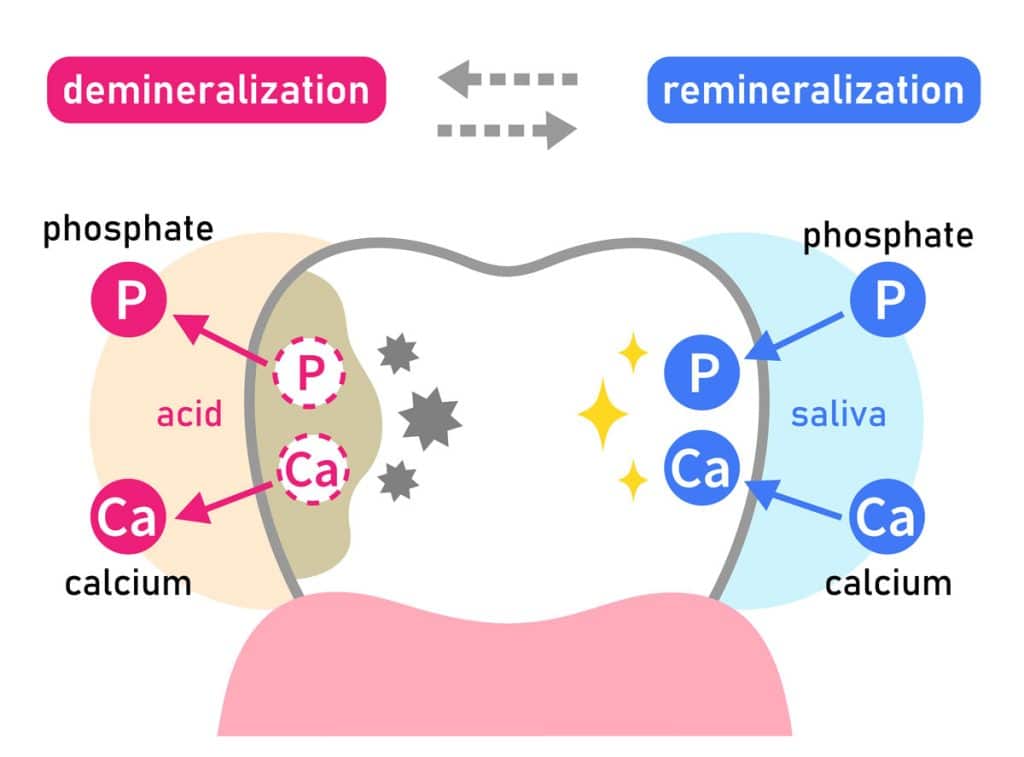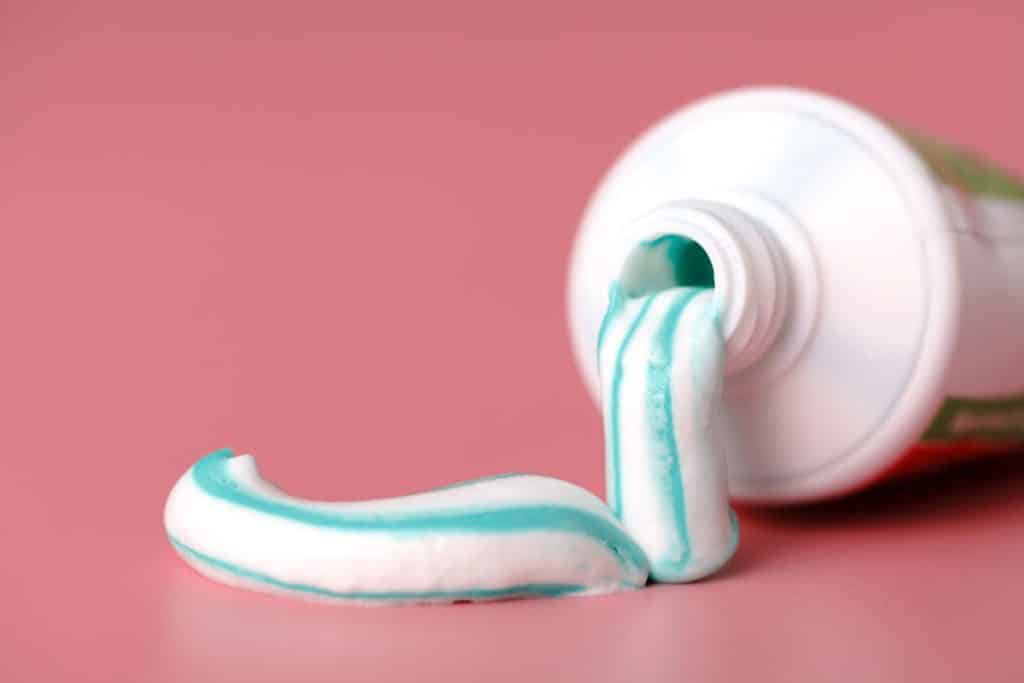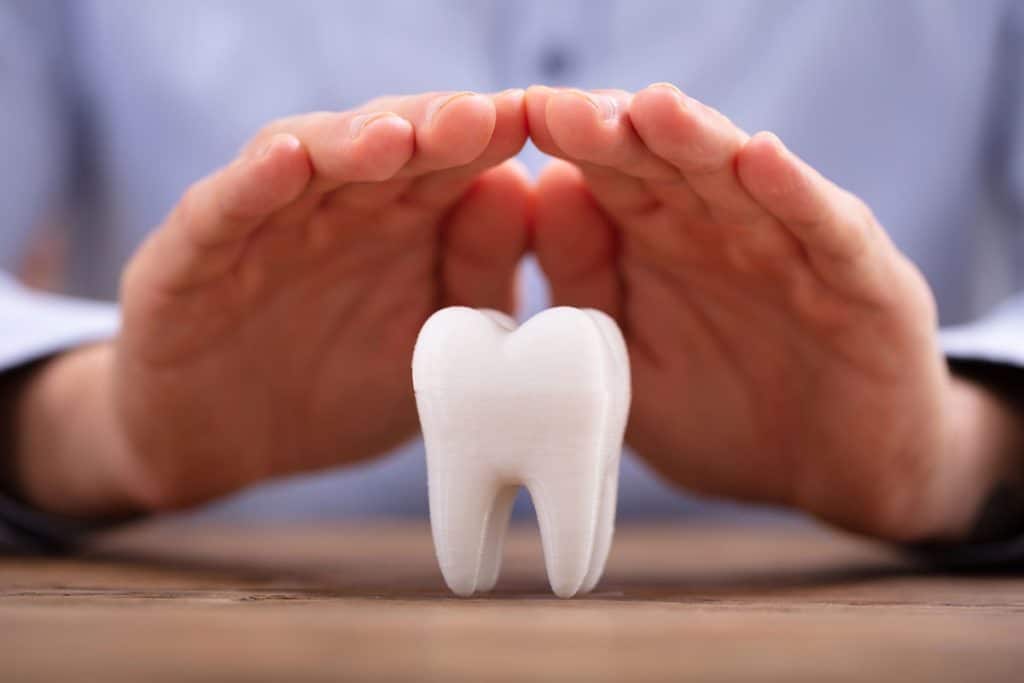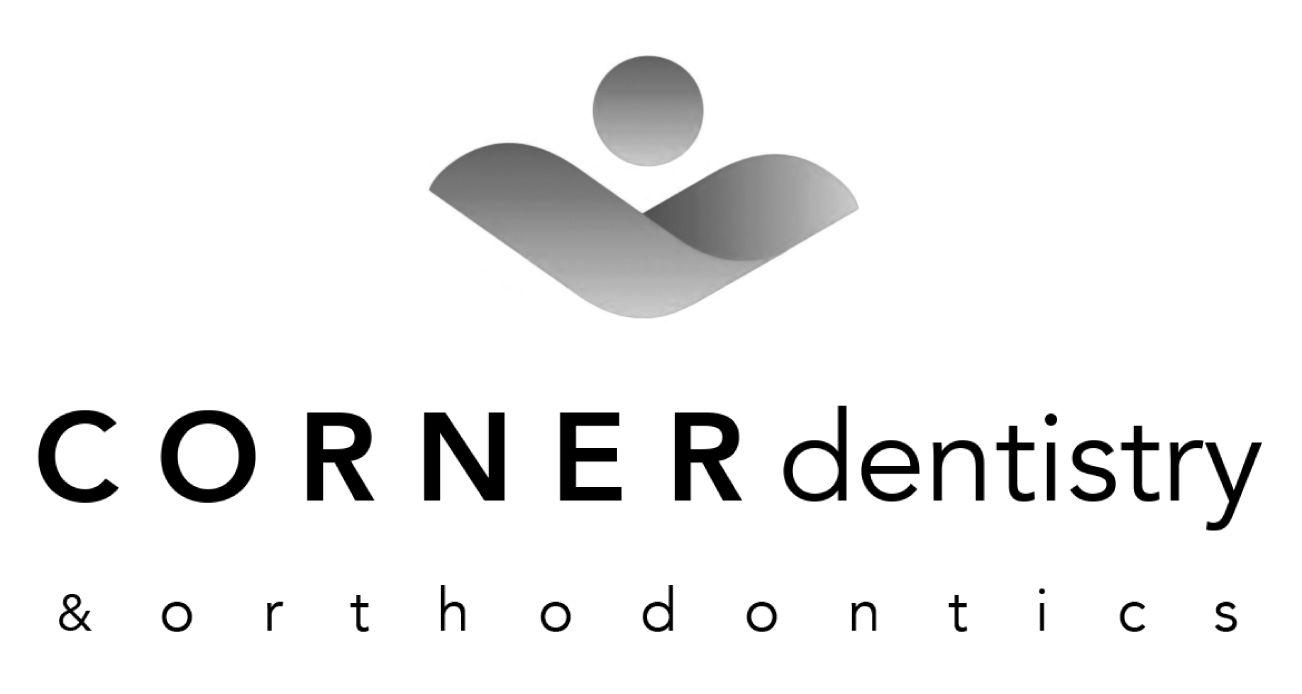Dental health and the need to prevent tooth decay impacts everyone from children to senior citizens. What many don’t understand is that the enamel of your teeth, the protective shield, is the hardest material in the human body, even more so than your bones. Whether or not you will need to spend thousands on dental procedures relies heavily on the health of your enamel.
While harder than bone, tooth enamel is still at risk for destruction and erosion. There’s good news, though: you can strengthen and remineralize weakened enamel naturally with the proper care and guidance. In this article, we will discuss what tooth enamel is and ways to help remineralize teeth and strengthen this protective barrier.
What is Tooth Enamel?
Tooth enamel is the thin protective barrier of your teeth that you are born with. This enamel weakens over time, making your teeth more susceptible to decay. It’s made primarily of hydroxyapatite, a crystalline form of calcium phosphate. This mineralized surface gives enamel its strength and resilience, but it’s still vulnerable to erosion caused by acids and bacteria.
Does Enamel Grow Back?
Tooth enamel is not something that can grow back. Once enamel is worn away completely, your body can’t regrow it, unlike skin or bone, because tooth enamel doesn’t contain living cells. If caught early, you can halt enamel loss and even restore some of its strength and structure using natural remedies. While not replaceable, there are ways to help remineralize your teeth to avoid enamel loss.

6 Tips to Remineralize Teeth
Even though you can’t regenerate enamel once it’s lost, there are ways to strengthen and remineralize weak enamel naturally. These natural techniques primarily focus on stimulating saliva production and reintroducing lost minerals into the enamel. Here are six ways to remineralize enamel if the degeneration is in early stages.
1. Consistent Dental Hygiene
While it might seem like a no-brainer, maintaining good dental hygiene practices is vital to remineralizing weak enamel. Brushing your teeth twice daily with a soft-bristled brush and flossing regularly is crucial for preventing enamel erosion and aiding natural remineralization. Harsh brushing or abrasive toothpaste can actually wear enamel away faster, so be aware of how hard you are brushing.
2. Enamel-Friendly Diet Changes
What you eat also plays a significant role in the health of your enamel. If you are conscious about enamel remineralization, consider integrating calcium and fluoride-rich foods into your daily routine and avoiding acidic, hard, sticky, and caustic foods. Examples of these foods include:
- High calcium food: dairy products, tofu, leafy greens, soy milk, canned fish
- Natural fluoride food: black tea, grapes, shellfish, almonds, eggs
- Foods to avoid: soda, candy, fruit juices, wine, sugary gum, and snacks
Food choices that are high in calcium and fluoride, along with foods that are high in fiber and vitamin D, will increase saliva production in your mouth, leading to a boost in remineralization.
3. Chew Sugar-Free Gum
Saliva production is a key component in enamel remineralization because saliva contains minerals like calcium and phosphate that help defend against acid and protect teeth. Chewing gum, specifically sugar-free gum, helps accelerate this saliva production. Look for gum that contains xylitol, as it also helps fight decay-causing bacteria.
4. Increase Water Intake
Drinking enough water is essential for producing enough saliva to maintain strong and healthy enamel. Water also helps rinse away decay-causing food particles, neutralize harmful acids, and deliver minerals that help defend the enamel through saliva.
5. Remineralizing Toothpaste & Mouthwash
Not all dental products are created equal, and choosing the right toothpaste and mouthwash can help improve an enamel that is at risk for erosion. Remineralizing toothpaste is specially formulated to reintroduce lost minerals back into your enamel.
Look for products containing fluoride, calcium phosphate, nano-hydroxyapatite, and xylitol. Some popular remineralizing toothpaste brands include Sensodyne Pronamel, Apagard, RiseWell, and MI Paste.

Steps while using remineralizing toothpaste include:
- Brush twice a day for at least two minutes, especially after meals.
- Make sure to brush gently to avoid erosion caused by over-brushing.
- Don’t rinse with water immediately after brushing to allow more time for the minerals to bind to the enamel.
- Avoid abrasive toothpaste (whitening pastes with gritty particles), which can worsen enamel loss.
All toothpastes should be paired with a complementary mouthwash. Mouthwashes that focus on pH levels can make your mouth more receptive to enamel repair. Some mouthwashes also contain fluoride or calcium phosphate needed to further aid remineralization. Keep in mind, you should avoid alcohol-based mouthwashes, which can dry out your mouth and reduce saliva production.
Incorporating remineralizing toothpaste and mouthwash into your daily routine is one of the easiest steps toward restoring your enamel and should be at the top of your dental hygiene priority list.
6. Oil Pulling Method
Oil pulling is another method for remineralization that can be paired with the right toothpaste and mouthwash. This method is an ancient homeopathic dental practice that involves swishing coconut, sesame, or olive oil in your mouth for 10–20 minutes daily. This method is thought to reduce harmful bacteria and plaque, which contribute to demineralization. While not a replacement for brushing, oil pulling may complement your oral hygiene routine and reduce the bacterial load on your enamel.
How to Repair Cracks in Tooth Enamel
Cracks can appear in tooth enamel for many reasons and can be superficial or deep. Any cracks, scratches, or chips indicate that the enamel is weakening. Superficial cracks, known as craze lines, are a minor issue caused by daily habits like teeth grinding or temperature fluctuations.
On the other hand, cracks that are beyond superficial can lead to decay, sensitivity, and enamel breakdown. To avoid structural enamel damage, avoid hard foods, use the right toothpaste, and consider wearing a mouthguard to prevent teeth grinding.
Remineralization can’t actually seal up a physical crack, but it can help reinforce the surrounding enamel, making it less likely to continue disintegrating. While remineralizing techniques can help strengthen the enamel, fractures will need to be repaired by your dentist. Restoration might be done through bonding treatments, crowns, root canals, veneers, etc. depending on the severity and cause.

When to See a Dentist for Remineralization
While natural remedies and over-the-counter products are useful in enamel remineralization, they aren’t a replacement for professional dental care. You should visit a dentist if you notice:
- Persistent tooth sensitivity
- Discoloration or yellowing of teeth (which may indicate enamel thinning)
- Visible cracks or chips in teeth
- White spots or pitting (signs of demineralization)
- Rapid development of cavities
A dentist can diagnose the extent of enamel erosion and recommend restoration treatments to help strengthen teeth when necessary.
Tooth enamel serves as the front line of defense against decay and requires proper care in any dental hygiene routine. The right nutrition, proper hydration, dedicated oral hygiene practices, remineralizing toothpaste, and other lifestyle changes all work together to protect your smile and prevent further damage.
If you’re already dealing with sensitive teeth or visible enamel erosion, don’t wait. By following these natural remineralizing techniques today, you can maintain strong defenses and avoid unnecessary dental headaches down the road. Your enamel will thank you!
Contact Corner Dentistry to schedule an appointment today to discuss any enamel-related questions you might have to protect your enamel for life.
